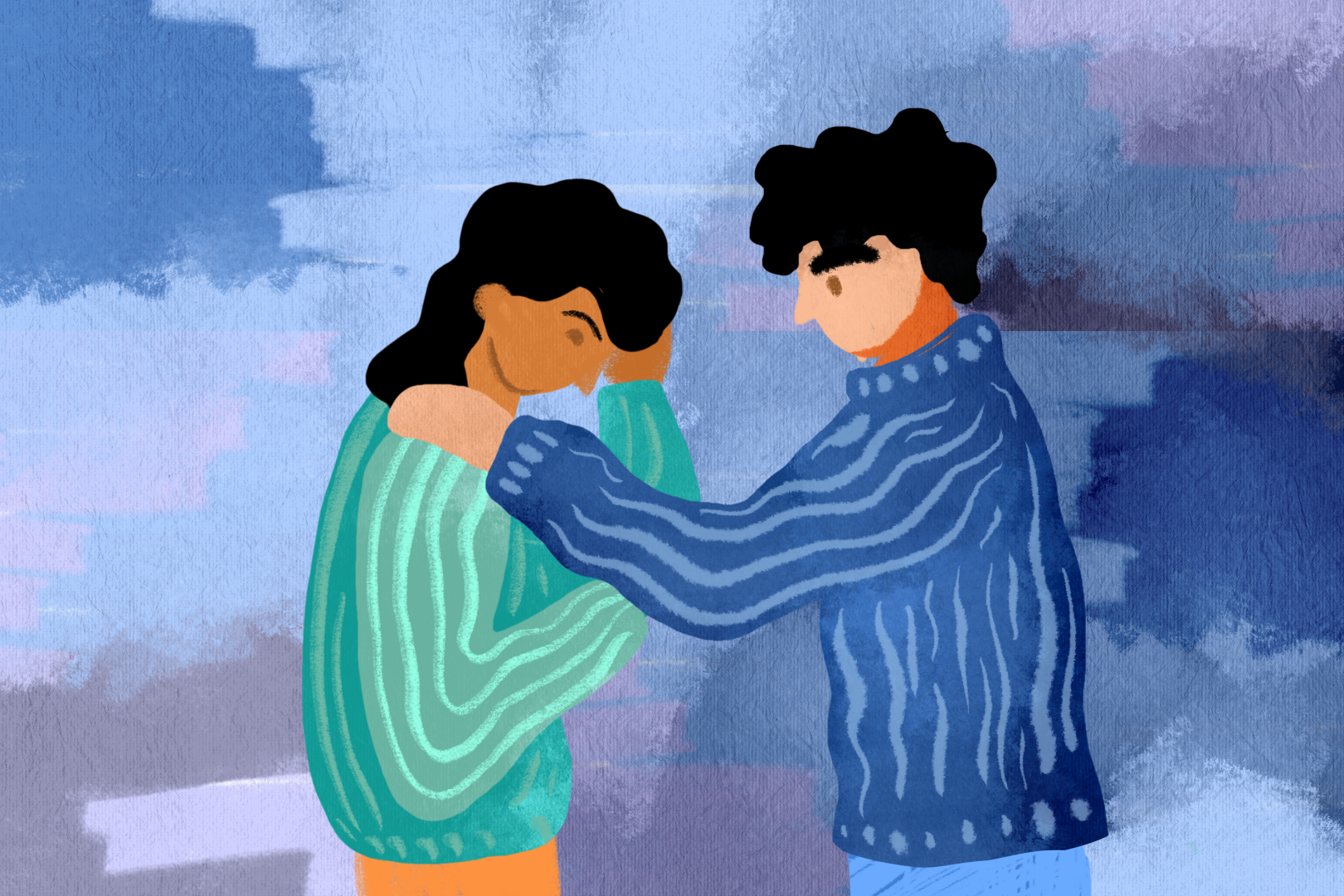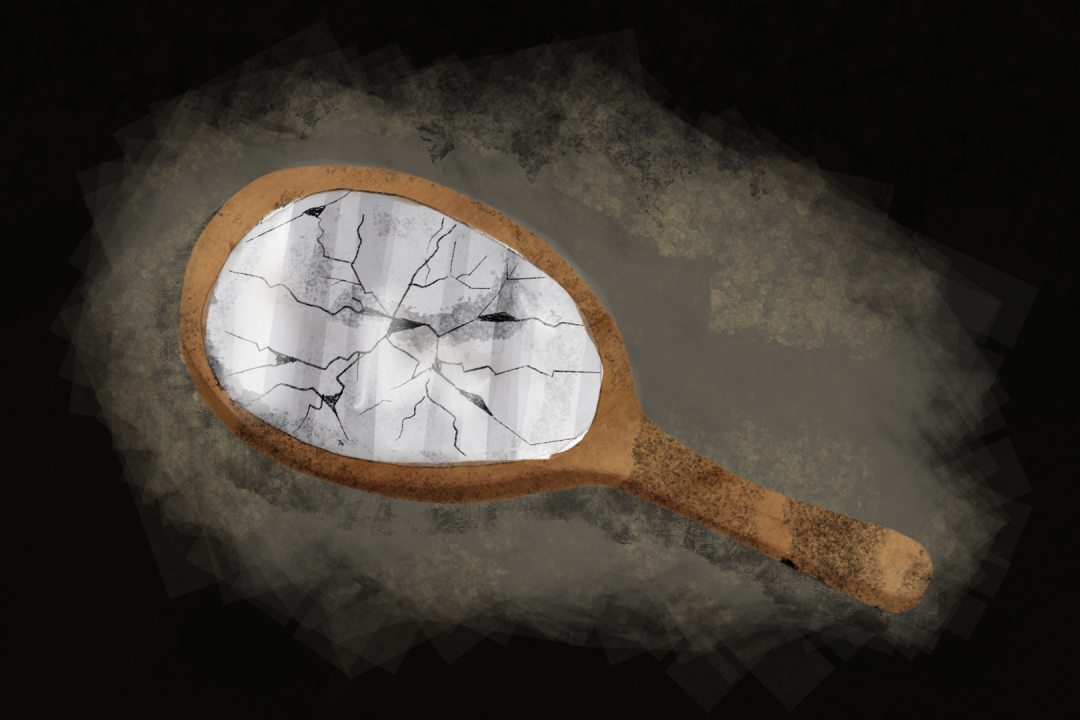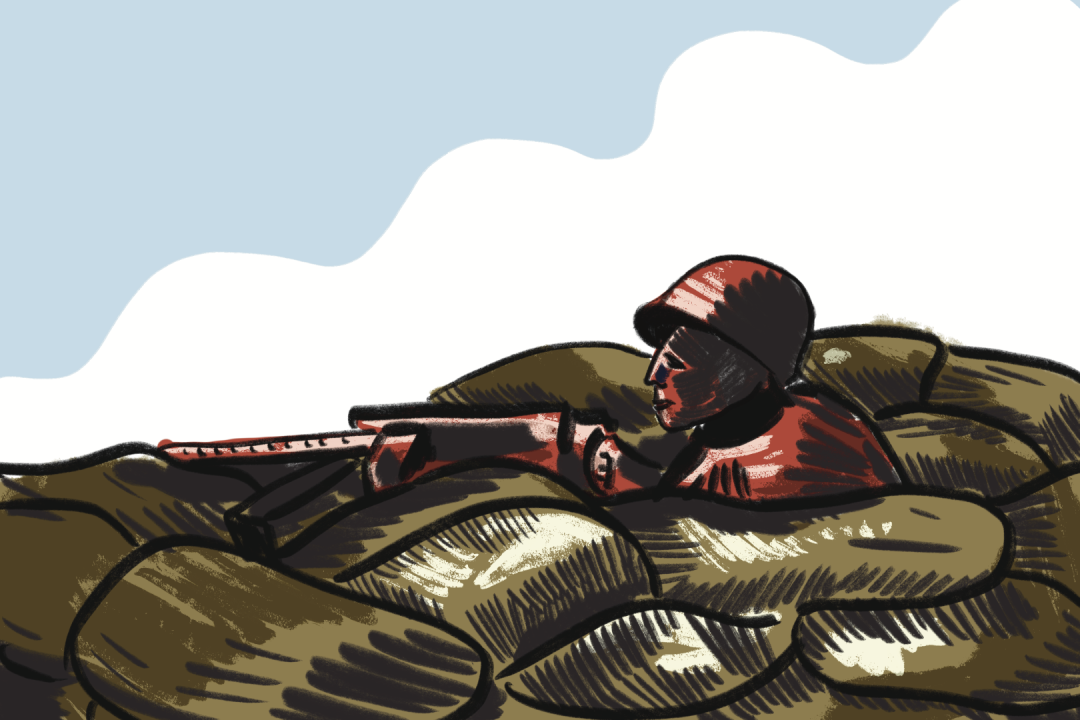
Archetypes of Forgiveness in Religion, History, and Mythology
By:Abstract:
Nearly all groups that have repeatedly established codes of ethics, judicial laws, and administrative governings have written about the powerful human expression of forgiveness. It is sometimes, in the form of some Abrahamic religions, the backbone of its theology and a pivotal step towards achieving cleanliness, according to them.
So, where do humans derive the power to forgive? Or better yet, how did ancient stories and tales influence us to make those harsh decisions in the most impossible times?
Towards reading this article, you will begin to understand the power and importance of the notion of forgiveness in history, from religious edicts such as those of the main Abrahamic faiths, stories from ancient Greece, and a humanist and psychological understanding of it that shaped much of our modern-day life, all through the actions of a few people.
Do you remember the last time you sat down with someone, perhaps older than yourself, who was calm, or you were in the mood to just watch a typical moral story from an animation? If you did, you probably expected them to be keen on the concept of forgiving.
It's like a cliche, the story protagonist is about to defeat his enemy, he upholds power, then, suddenly, when all hell is about to go loose, the sword is down, the gun is lowered, and angry expressions become that of, well, calm.
“I forgive you, it is fine” is maybe common with our friends, relationships, and so on… but for a knight in shining armor trying to win back his revenge over a villain, perhaps a bit more challenging.
So, what’s up with this notion that is common in myths and stories? Why would anyone, after a hardship and time of total disbelief in an action or behavior, want to forgive, particularly in the sources I mentioned above, a source of inspiration for morality for many people?
To start off, it's really important to note that cultures and religions from all walks of life have covered the concept of forgiveness. It goes back as old as the Abrahamic stories and other foundational laws set by them. We will cover the major religions and a very important segment from Greek mythology.
Why are we sorry?
Did you forget to call a friend? Or perhaps missed an item in your grocery list. Perhaps even greater than that, have had a fight with someone (verbal, ok?) and sometimes just admit to the notion that things just shouldn't have gone as they did.
It is human nature to fall under errors, mistakes, and clashes, and most importantly, to understand the ethical standpoint of all these situations. Knowing this very well, we apologize, make amends, and move on. Right?
But what if, let's say, your mistake was greater in its evil? Perhaps something that may lead to, well, mythical wars?
1: Bloody Shores, Broken Walls, Red Eyes of Vengeance
The Illiad has always been identified as a major work of mythology that has captivated both the writer and the average person. It is a tragedy, myth, invasion, war… all in one.
Within the story, the character of Achilles admits to the murder of Hector, son of Priam, ruler of Troy. Achilles is portrayed with an emotional appeal not knowing that the killing of Hector, the desecration of his body, and the ultimate theft into his own tent, lead to grave pain for Priam.
Despite the danger, and Achilles' apparent resilience to his cause and action, Priam travels to his tent, hiding his identity, in the hopes of convincing Achilles to give him his son’s body for a proper burial.
'Revere the gods, Achilles!
Pity me in my own right,
remember your own father!
I deserve more pity .. .'
(lines 588-589; Fagles 1990, p. 604).
Achilles, the legendary warrior with brute eyes and a physique shaped for vengeance and trauma lets his guard down, collapses… and remembers through the eyes of this weak old man, his own father. Presses his memory, and begins to grieve:
These words stirred within Achilles a deep desire
To grieve for his own father.
Taking the old man's hand He gently moved him back.
And overpowered by memory
Both men gave way to grief.
(XXIV lines 592-595; Fagles 1990, p. 605).
Priam looked at his son’s body, the body that Achilles had him tied to his cart and dragged back to his tent. It was at that moment that two men, destined for killing and war, reflected on something important: the power of forgiveness from venues never thought of.
2: Sin, the Price to Pay, and the Ultimate Sacrifice in Christianity.
In Christianity, God is portrayed in a light that is supreme, the originator of everything, and the will and power behind everything. His will, commandment, and message is the final boss.
Indeed, such a God has also commanded on how humans should behave toward Sin.
Sin is a major fault, a wrongdoing, a transgression against the will and command of God and humans. It is the most powerful way to describe humans: weak and errorful.
When Jesus died on the cross, he did not die an innocent death, in the place of a criminal, in scorch heat, faced by angry faces, nails in wrists and feet, betrayed and left alone and forsaken, he died, according to Christians theology, for the sins of humankind. An ultimate sacrifice, it is believed that this was the turning point in our relationship in understanding sin. For the Old Testament, and the New, Sin is an action in no way easily repaired, and it will always include a life taken for the spiritual cleaning of someone… That person was Jesus Christ.
This very action, this very story, is the backbone of Christendom. The notion that the murder of a carpenter so innocent reflects a major shift from the guiltiness of humans in their expected error, into a statement:
Luke 23:34 "Then Jesus said, 'Father, forgive them; for they do not know what they're doing...'"
A price to pay, paid by one.
3: The Compassionate, the Merciful
It makes sense that the beginnings of Islam were in 7th century Arabia, a nomadic, elitist land where paganism was a commercial venture and power ruled high.
Prophet Muhammad (whom Muslims revere by saying Peace be Upon Him) is the central figure in the message of Allah (God). God sent to Muhammad the angel Gabriel to relay to Muhammad a task to safeguard the Arabs, and ultimately, the whole world, to safety and purity.
He begins to relay to the locals of Mecca, who are known as al Muhajirun (the immigrants) due to their migration from Mecca to Medina after persecution.
Sooner or later, it becomes clear through preaching, that the message of Allah is a message of peace, and surrender to his will. The compassion, and mercy of God shown in the verses of the Quran indicate a highly aware and supreme being who understands the needs and heart of his servants, the humans, and leads them not astray, and shows kindness, patience, prophecy, and miracles to safe them from an imminent Arabian attack, who view this new egalitarian religion as a grave danger to their mercantile establishment.
Sooner or later, Islam grows, and with it, the tradition of the Quran (book of God) and the Hadith (sayings of the prophet) captivate Muslims to this day, with stories about major sins being turned to dust for a simple act of generosity towards a neighbor, a starving kid, or prayer to God.
Indeed, in Islam, apart from polytheism, all major sins and minor ones can be forgiven, through tawba (repentance)
“Those who have been graced with bounty and plenty should not swear that they will [no longer] give to kinsmen, the poor, those who emigrated in God’s way: let them pardon and forgive. Do you not wish that God should forgive you? God is most forgiving and merciful.”
— Qur’an (224:22)
4: Do not Hate Your Brother
In Judaism, forgiveness plays an important role in the relationship of humans with one another, Like Christianity, forgiveness in Judaism is a reminder that sin is a very grave and dangerous thing to do, and can only be paid through forgiveness.
It is written within the stories of the past, and to this day, the rule of saying sorry such as this:
“Great is repentance, for it brings healing to the world…When an individual repents, s/he is forgiven, and the entire world with him.”
— The Talmud,
Why do we forgive?
Ask yourself this for a second, even when you are faced with hope, that things have become better, and that life seems bright, you begin to realize the burden that needs to be thrown off, that, once an interaction turns to conflict, needs remedy.
There is no objective lesson to teach everyone how to forgive, but our past, such as the tales mentioned above, indicates one strong unanimous agreement: it is never too late to look beyond grief and find something we all have adopted from our time in evolution and the development of humanity.
It is never too late for anyone, be it a family dispute, a loved one, or a moment of anger, to look beyond this and find forgiveness, after all, if a Greek warrior, a compassionate God, a disassociated people facing annihilation in Arabia can and are willing to move on, Why can we not?
Citations:
• https://uef.medium.com/forgiveness-repentance-cb5e91619249
• https://www.christianity.org.uk/article/forgiveness
• Forgiveness in Judaism - Forgiveness - GCSE Religious Studies Revision - WJEC - BBC Bitesize
• https://simplyislam.academy/blog/forgiveness-in-islam-an-essential-virtue-for-every-muslim
• Chrome-exte
• nsion://efaidnbmnnnibpcajpcglclefindmkaj/https://utpjournals.press/doi/pdf/10.3138/uram.27.2.15


